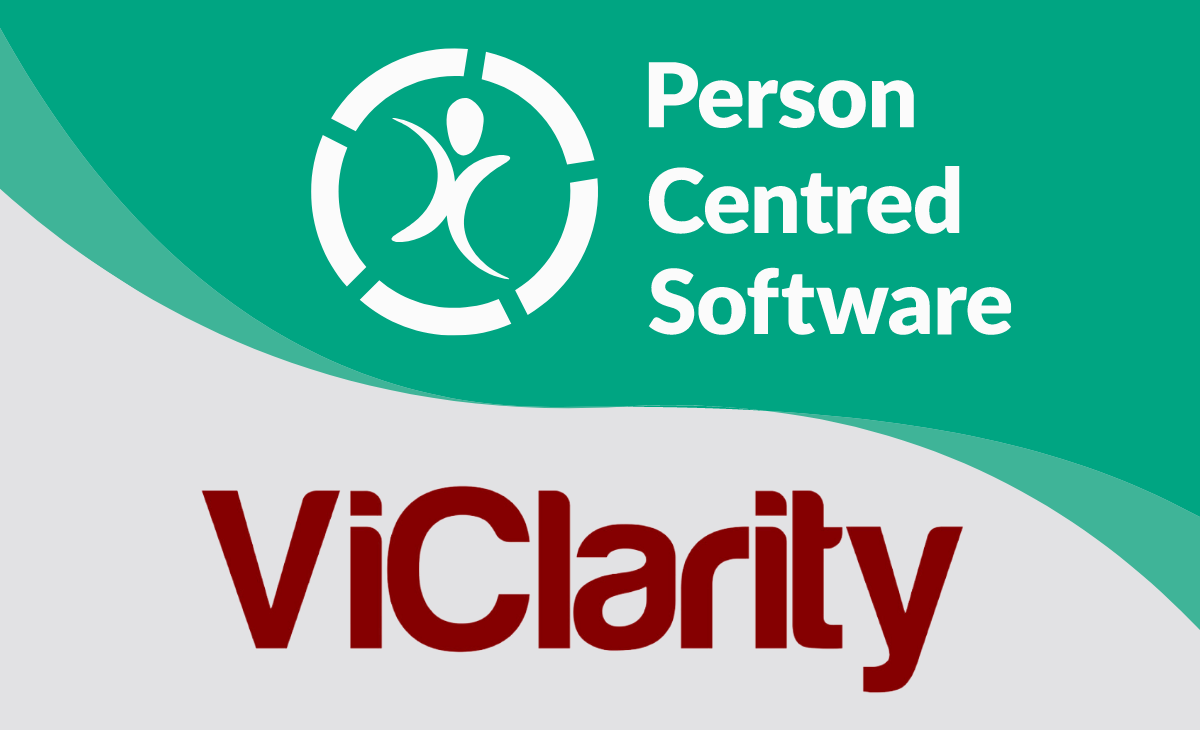A recent study has highlighted the significant issue malnutrition in the UK is causing for the NHS and the care sector, both in economic terms and in quality of life
As we look ahead to Malnutrition Awareness Week, a recent report conducted by Future Health into malnutrition has raised the concerning issue in which almost three million people with diseases such as cancer or dementia are at risk of severe malnutrition, which especially for older adults is a life-threatening condition. The result of this is 464,000 annual hospital admissions.
It also raised the statistic that of those high-risk patients in hospitals with disease-related malnutrition, only 2% receive a diagnosis upon admission.
It is also estimated that around one in ten people over the age of 65 are malnourished or are at risk of malnutrition, which amounts to over one million older people in the UK today.
Lesley Carter, from Age UK and the Malnutrition Task Force, told the Daily Mail: “Older people who are malnourished are at greater risk of falls, hospital admissions and longer periods of recovery. Unfortunately, the myth perpetuates that it is ‘normal’ to get thin as we age. Yet malnutrition is largely preventable and treatable.
“This report is a wake-up call for politicians and policymakers who must now tackle the problem.”
Providing healthcare to those who are suffering from malnutrition, on average, incurs a cost more than three times greater than that for people who aren’t malnourished, which amounts to a total expense for treating malnourished people of £22.6 billion.
To put this in perspective, this amounts to the equivalent of about 13% of the entire NHS budget for 2022/23.
This expense is only expected to increase as the population ages, with the cost of disease-related malnutrition expected to rise by an additional £4 billion by 2035.
Advocates are increasingly emphasising the need for more urgent identifying of underweight or rapidly deteriorating patients to ensure that malnutrition is included in their formal diagnosis and to ensure that they receive the appropriate nutritional support and guidance.
An improvement on this would reduce unnecessary hospital stays and shorten ones that are warranted, as well as ease strain on GPs through a reduction of malnutrition-related appointments, and it would prevent expensive hospital re-admissions.
A study conducted in Gloucestershire found that screening and providing nutritional support to those with a medium and high risk of malnutrition resulted in a halving of hospital admissions and reduction in length of hospital stays, as well as 21% fewer GP appointments, 30% fewer antibiotic prescriptions and 13% less healthcare professional contacts.
Richard Sloggett, Programme Director at Future Health said: “Disease related malnutrition is a growing health system problem that is hiding in plain sight. Political and policy action currently does not match up to the scale of the challenge.
“Thousands of patients are missing out on a diagnosis and the right treatment plan. With significant increases expected in major conditions such as cancer and dementia in the coming years ensuring better screening of people admitted to hospitals and care homes for malnutrition should be a priority for the Government’s forthcoming Major Conditions Strategy. Better screening and diagnosis can unlock nutritional support that can enhance patient care and recovery helping to reduce pressures on hospitals and social care services.”
Person Centred Software’s Connected Care Platform offers a multitude of solutions for issues like malnutrition, such as mCare’s Fluid and Nutrition Monitoring feature and Smart Cups, which both allow care staff to monitor in detail the levels that residents are getting, whether they need more or whether it needs to be limited.
Fluid and Nutrition Monitoring
Cover your residents' fluid and nutritional needs
Smart Cup Fluid Monitoring
Monitor fluid intake and prevent hydration







.webp?width=80&height=80&name=HTD%20Awards%202023%20Badge%20(4).webp)














